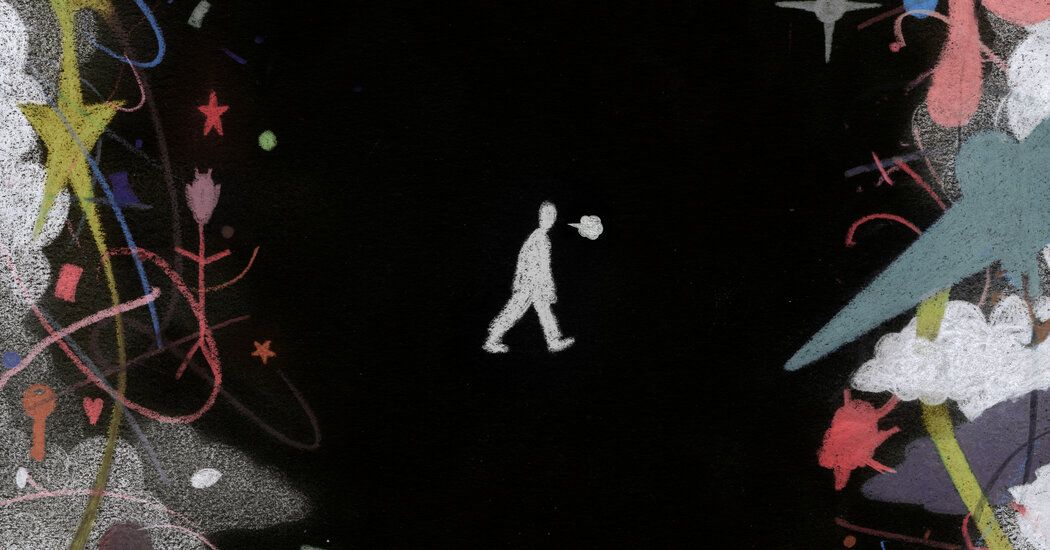Paying Attention
I was recently taken with an opinion essay in The New York Times written by MSNBC host Chris Hayes. It was all about attention.

“Attention, where we put our conscious thoughts in any given moment, is the substance of life,” he writes.
Hayes acknowledged much in our world is set up to dominate our attention, but more importantly for those of us who may wish to exert a little more control over our attentions, we must recognize the bit inside of us that wants our attention to be taken, the part he calls “the unsettled self.”
That unsettled self is what powers this “attention age,” where so many things fight and clamor for ours; companies are delivering products and experiences that know we long to be distracted, to be consumed by anything but our own thoughts.
Hayes cites philosopher Blaise Pascal, who called such inward thoughts and meditations one’s “own chamber.”
“When I have occasionally set myself to consider the different distractions of men,” Pascal observed in “Pensées,” his collection of essays published in 1670, “I have discovered that all the unhappiness of men arises from one single fact, that they cannot stay quietly in their own chamber.”
Hayes laments a practice that besets me, too: listening to podcasts. Not that it’s necessarily a bad thing, but the use of it as a crutch certainly can’t be good.
Years ago, podcasts came to fill my ears during my walks, conditioning me to feel a little panicked without one.
This is exactly how I feel. I catch myself, even when just doing some chores around the house, pausing things to go find AirPods and selecting something to listen to, as if the few moments of doing a particular task in silence were going to be end of the world.
When I’m walking around town, podcasts are almost assuredly what I’m listening to. I’ve written before about what I miss out on as a result of this.
All of this made me think of some of my favorite parts of Lynda Barry’s Syllabus, which I recently finished.
When describing what her students should put in their composition notebooks, she wrote:
What goes into your dairy are things that you noticed when you became present—that is to say when the hamster wheel of thoughts and plans and worries stopped long enough for you to notice where you were and what was going on around you.
I see a lot of connection between Hayes’s points and how they’re keeping me from what Barry expected from her students: My inability to sit in my own chamber isn’t just robbing me of precious alone time but it’s also affecting how I interact with (or, more and more, fail to interact with) the outside world.
I’m going to try to make a point to follow her advice on keeping a daily diary because it’s a solid checklist to make sure you’re still an active participant in the world.
What You Did
Start by noticing what you notice as you go about your day, you DO things—sometimes intentionally and other times by accident.
What You Saw
You may find yourself staring at something for “no reason,” a label on a bottle of juice, a pigeon, a wisp of hair on the nape of someone’s neck—or you may see something spectacular: a fight or a fire or an accident.
Something You Heard Someone Say
And listen to what people are saying—overheard conversations are fu ll of good lines. Pay attention to how people really speak. Write down what they say.

Comments